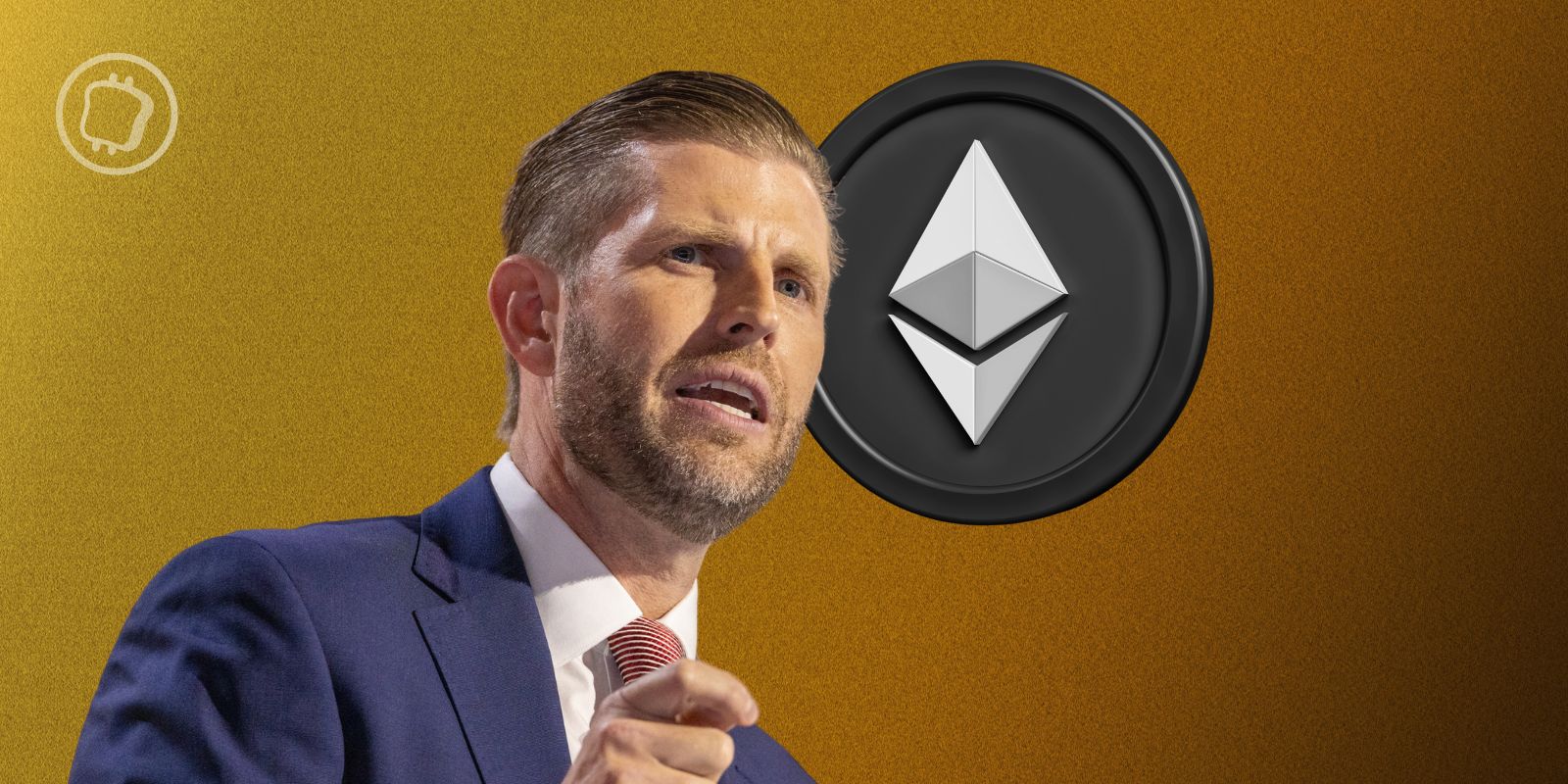Mastercard, the second company in the world in the sector of payment solutions, intends to get ahead of its competitors. After years of using the blockchain, its leader Michael Miebach says that “we are heading towards a world where everything will be tokenized”. We take stock of the company’s positioning in Web3.
Mastercard and centralized finance at the heart of the blockchain
As some banking institutions are beginning to take their first steps into the world of blockchain, Mastercard is positioned as one of the players most prepared for this technological revolution. The company specializing in payment solutions has been operating in the Web3 ecosystem for several years, and its CEO, Michael Miebach, praises the merits.
In January 2023, the latter told his shareholders that Mastercard was using blockchain technology on a large scale: more than 2 billion tokenized transactions were operated monthly by the American company, an increase of 38% compared to the previous year. According to him, the company is able to make digital payments across 110 countries around the world.
With this in mind, Mastercard seems to want to conquer the Web3 market before its competitors: she is currently working with banks and merchants to tokenize a variety of assets which, once issued, can be tracked thanks to the transparency offered by the blockchain.
For the company’s CEO, blockchain not only offers a new means of payment, but a whole range of tools that can solve multiple problems in many parts of society:
“There are a whole host of real-life problems that blockchain can solve. […] I think we are going to live in a world where everything is tokenized and circulates securely. »
According to Michael Miebach, one of the main advantages of blockchain is the security of this technology which, when used correctly, reduces the number of frauds.
The presence of a traditional financial player as powerful as Mastercard is an essential asset for the large-scale democratization of Web3 : while the sector is often singled out, the presence of institutional players with international influence is a strong sign for the adoption of cryptocurrencies on a global scale.
But Mastercard is not the only company to move its pawns. The largest banks and investment funds in the world are committed to the development of products and services linked directly or indirectly to the Web3: while JPMorgan was considering the creation of a digital wallet last November, Fidelity has enabled since 2020 its institutional clients to invest in Bitcoin (BTC).
👉 Follow our guide to learn how to buy your first Bitcoins (BTC)
Buy crypto in minutes
Source: Forbes
Newsletter 🍞
Receive a summary of crypto news every Monday by email 👌
What you need to know about affiliate links. This page presents assets, products or services relating to investments. Some links in this article are affiliated. This means that if you buy a product or register on a site from this article, our partner pays us a commission. This allows us to continue to offer you original and useful content. There is no impact on you and you can even get a bonus by using our links.
Investments in cryptocurrencies are risky. Cryptoast is not responsible for the quality of the products or services presented on this page and could not be held responsible, directly or indirectly, for any damage or loss caused following the use of a good or service highlighted in this article. Investments related to crypto-assets are risky by nature, readers should do their own research before taking any action and only invest within the limits of their financial capabilities. This article does not constitute investment advice.
AMF recommendations. There is no guaranteed high return, a product with high return potential involves high risk. This risk-taking must be in line with your project, your investment horizon and your ability to lose part of this savings. Do not invest if you are not ready to lose all or part of your capital.
To go further, read our Financial Situation, Media Transparency and Legal Notices pages.










